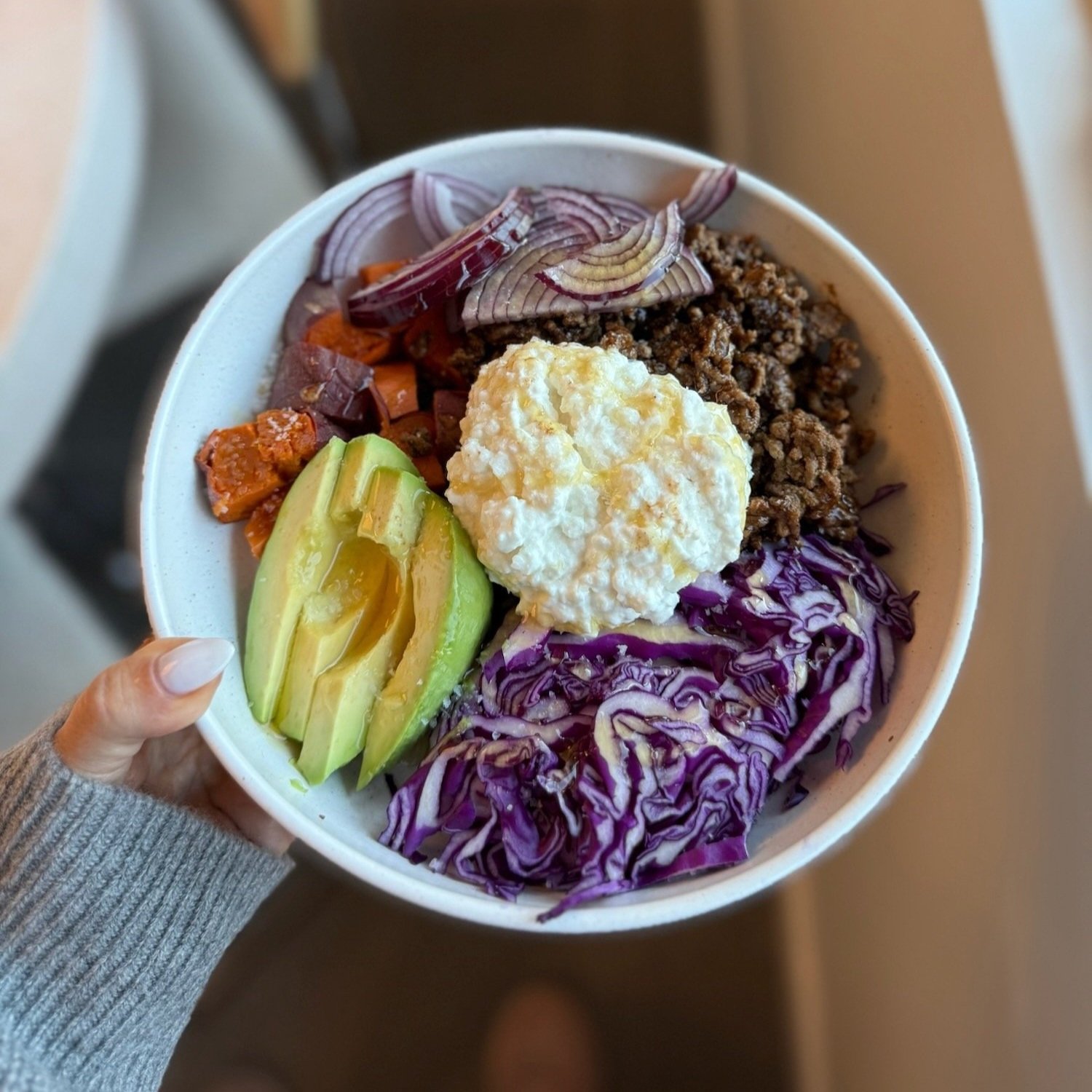We All Have A Secret Hormone In Our Body To Fend Against Depression. But There’s Only One Way To Activate It.
Get this - they’re called “hope molecules.”
by The Candidly Team
Ok, you ready for this?
There are these very specific molecules that exist inside our muscles that when secreted … BOOM!!!!
They whizz all the way across the blood-brain barrier where they release glorious anti-depressant and mood-boosting effects.
Mind-blowing, no?
They’re called myokines or as scientists like to call them “hope molecules.” And they’re a little like our own internal pharmacy of self-dispensing happy pills.
So how do you get these magic, little hope molecules to dispense?
That’s right. By contracting our muscles.
Maybe you can see where this is going.
Contracting your muscles through any form of exercise can release a literal substance that’s been scientifically shown to improve your mental health.
Here’s a quick video from sports psychologist and author Kelly McGonigal that helps explain how:
While we all know (though can sometimes ignore) the age-old truth that exercise makes you feel good after you do it, the powers of myokines (which were up til recently a total mystery to us) in many ways feels much more empowering.
Why is that?
Well, for one thing our pursuit of happiness can sometimes feel very external. Where we live. Who we date. What supplements we take. We tend to think big and bold and long-term, which is all great, but it’s also great to understand the minutae of stuff that’s within our immediate control. Things like using our muscles can send chemical messengers into our bloodstream that fight depression.
And “hope molecules” don’t just do incredible things for our mood and mental health. Myokines have been linked to:
improving mood and quality of life in older adults
protecting the brain from the negative effects of ageing
helping boost metabolism
helping reduce inflammation
increasing muscle mass and strength
As women over 35, exercise and strength-training become even more enormous in terms of not just how healthy we are on paper but the degree to which we’re able to enjoy our lives.
With all the incredible hauls and efforts we put into our health, it’s nice to be reminded of exactly how certain actions like working out can pay off.
There is hope. In our muscles. As we speak.
This article is for informational purposes only. It is not intended to be used in place of professional advice, medical treatment, or professional care in any way. This article is not intended to be and should not be a substitute for professional care, advice or treatment. Please consult with your physician or healthcare provider before changing any health regimen. This article is not intended to diagnose, treat, or prevent disease of any kind. Read our Terms & Conditions and Privacy Policy.








